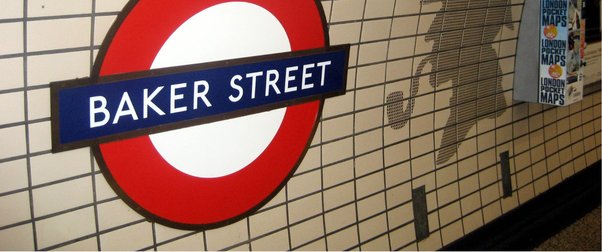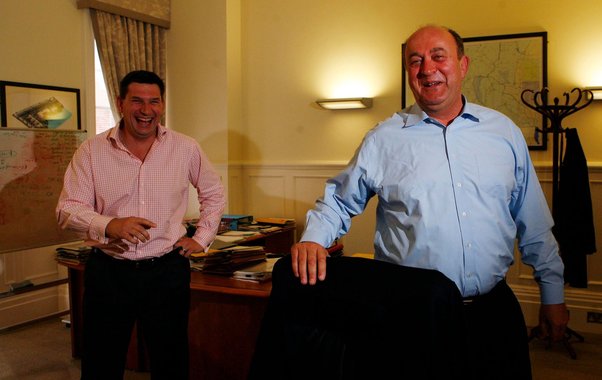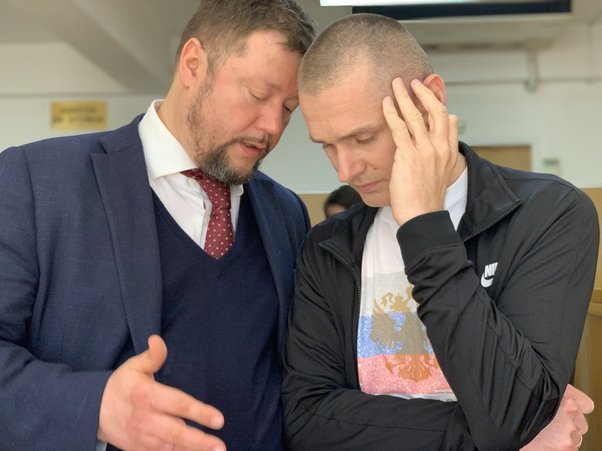Anonymous companies have been at the heart of nearly all the major corruption cases we've investigated - and many of them have been registered in the UK's Overseas Territories
Today, MPs have the opportunity to vote on whether to effectively end the use of anonymous companies in the UK’s overseas tax havens. Almost a year ago the Panama Papers demonstrated their importance, with more than half of the companies involved registered in the UK’s Overseas Territories. The proposed measure would give the UK-linked Overseas Territories, such as British Virgin Islands and Bermuda, until 2020 to introduce public registers of the true beneficial owners of companies, as the UK did last year.
Global Witness has spent many years exposing the dangers posed by the use of anonymous companies registered in the UK’s Overseas Territories by corrupt or criminal individuals, and has campaigned for transparency to bring this abuse to an end. In almost all of the major corruption cases we’ve investigated, anonymous companies have been at their heart.
So, on the eve of tomorrow’s vote, we’ve produced a run-down of our top 10 corruption cases run through anonymous companies in the Overseas Territories:
- Teodorin Obiang, the son of the President of Equatorial Guinea, took and spent $38 million of his country’s money on a private jet using an anonymous company based in the British Virgin Islands, according to the case against him made by the U.S. Department of Justice.
- Kenya lost out on at least $4.7 million due to overpriced government contracts awarded to Anglo-Leasing, a British Virgin Islands anonymous company that authorities believe could be connected to officials close to the contracting process The loss was part of a larger $1 billion contracting scandals involving several anonymous companies.
- As part of an estimated £6 billion arms-dealing corruption scandal, BAE made payments of over £143 million through a British Virgin Islands anonymous company, even though it should have been aware that much of this money was likely to be used as bribes to win contracts.
- The husband of the then Prime Minister of Pakistan allegedly received $10 million in corrupt payments in relation to gold import licenses through a British Virgin Islands anonymous company.
- Alcoa, the world’s third largest producer of aluminium, used anonymous companies formed in the British Virgin Islands to transfer millions of dollars in bribe payments to Bahraini officials to secure a supply deal.
- A subsidiary of Halliburton paid $132 million to an anonymous Gibraltar-based company to be used, in part, for bribes for high ranking Nigerian officials in exchange for a lucrative contract to build a liquefied natural gas plant.
- The wife of a former Taiwanese President used an anonymous British Virgin Islands company to buy a $1.6 million Manhattan apartment using the proceeds of a $6 million bribe she received for influencing her husband to approve a contested company merger.
- An anonymous British Virgin Islands company was used to buy property in Brussels as part of a scheme by the former President of Zambia to steal $25 million from the Zambian Ministry of Finance.
- An anonymous British Virgin Islands company secretly controlled by a major mining company signed corrupt deals with the wife of the President of Guinea, as part of a deal to access iron ore mining rights worth billions of dollars.
- The Nigerian dictator Sani Abacha used British Virgin Islands companies to hold at least $450 million of the $2 billion he stole from the government during his time in power.
As all of these cases show, there is overwhelming evidence that anonymous companies in the Overseas Territories help fuel a staggering amount of corruption around the world, and this list is by no means comprehensive. In all of these cases, the secrecy provided by the anonymous companies was vital to the operation of these schemes.
Making the identities of the true, beneficial owners of companies public also helps businesses know who they’re doing business with, helps detect crime, saves money and helps prevent insecurity.
Tomorrow, all MPs should shine a long overdue light on these shady companies and vote to end anonymous companies in the UK’s overseas tax havens.


